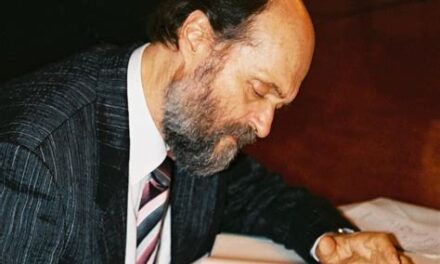At this time of year we often hear preaching against the hustle and bustle of Christmastime and how it threatens our faith or our family or our sanity. We are told that if we only slow down and simplify we will find true meaning and value in our lives and in the holiday.
And I know why people say this. I know how it feels to be distracted and feel like I’m missing the point of Christmas. But at some point the grievances of being too busy get old and the preaching becomes cliche. I can’t help but wonder if we are misplacing blame— blaming all the chaos in our lives for the chaos in our hearts.
 At the end of the day we live in this world— this world with bratty children and entitled teenagers— with grumpy and cranky or manipulative relatives— with rude shoppers and tired workers— with stop lights and tantrums. We live in a world that is messy — we live with people who have a tendency to be selfish and difficult. And sometimes we are those people. This is our world.
At the end of the day we live in this world— this world with bratty children and entitled teenagers— with grumpy and cranky or manipulative relatives— with rude shoppers and tired workers— with stop lights and tantrums. We live in a world that is messy — we live with people who have a tendency to be selfish and difficult. And sometimes we are those people. This is our world.
But this is the world of the Nativity. This is the world God chose to be born into. This is the world of Christmas.
But we are often told that Christmas ought to be free of such things. That it ought to be this sort of humanist, enlightened celebration. That it ought to be clean and simplistic and uncomplicated. It ought not have lists or messes of wrapping paper or lavish dinners. We are told that we ought not lose sleep over it. That we shouldn’t be rushing. That we shouldn’t be spending too much money. In short, we are often told that Christmas ought to be a day of balance— sort of a zen holiday.
But Christmas is anything but a zen holiday. I’m sure that there was plenty of hustle and bustle among the shepherds as they rushed to the manger. I’m sure they were dirty and some of them cursed and pushed each other out of the way to get there. I’m sure the wise men argued and maybe they got a little too caught up in which was best of their gifts. I’m sure Joseph got tired staying up late with his laboring wife and I’m sure Mary grew a bit weary of that every few hours cry. There were plenty of things about the first Christmas that were chaotic. There were things that detracted from the main point. There was human folly and fault. And what did Jesus do about it?
He embraced it.
So, too, should we.
You see, Christmas may be about peace but it isn’t a modern sort of peace. It isn’t the kind of peace that comes with lack of responsibility or entanglement or expectation. Silent night isn’t about an early night in, reading to oneself in bed with a glass of wine— it isn’t that type of peace.
Christmas peace is a chaotic, heavenly, trumpeting peace. Like babies crying at Mass and long car rides and gifts that break the budget. Like dirty dishes in the sink and long lines to see Santa and reuniting with estranged family members. Because Christmas peace is what comes when you choose to love this fallen world. Christmas peace is what comes when you have faith that God loves this fallen world. Christmas peace is what happens to a heart that opens itself to all the inconveniences of life, opens itself to be battered and tired and challenged and sometimes, humiliated, all for the sake of love. Christmas peace is what happens when the whole world may be swirling but inside us sings, sweetly, the “still small voice.” (1 Kings 19:12).
So, sure, if you struggle with materialism or greed or vanity or whatever you struggle with at Christmas— if your children don’t seem to understand what happened in the manger— sure— remind them. Do what it takes to direct your heart— but don’t blame the hustle and the bustle. Life is hustle and bustle. Christmas merely emphasizes it. Christmas emphasizes life because Christmas is a celebration of life. So embrace the hustle and bustle, embrace the chaos— because if your heart is in the right place you’ll still hear the “still small voice.”















So true, Elizabeth! We have to come to grips with the here and now of Life. It is not always easy but acceptance doesn’t mean defeat. I say let’s give ourselves and others a break. I went to Immaculate Conception parish this morning in DC. At the sign of Peace people were crossing the aisles to hug or shake the hand of strangers (WHAT!!!). I couldn’t believe how that calmed my busy spirit. I look forward to reading more from you.